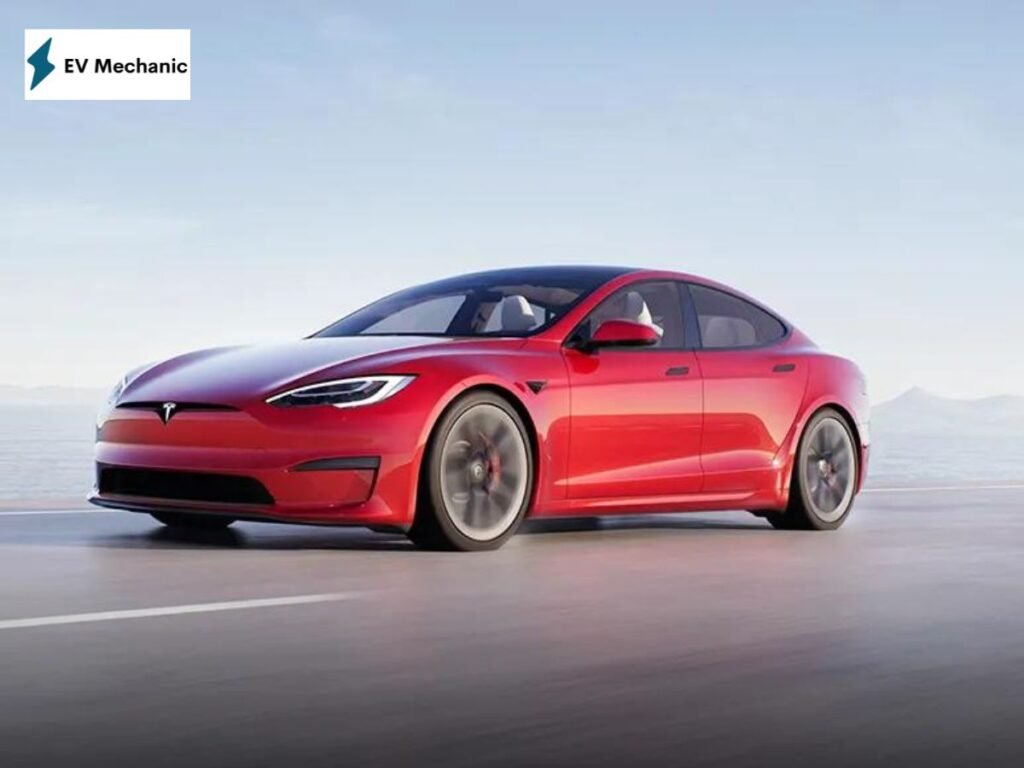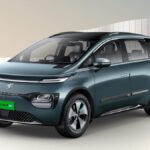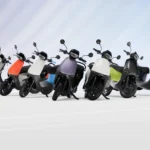Introduction
As India continues to grapple with environmental challenges and the need for sustainable transportation solutions, the emergence of 7-seater electric cars has garnered significant attention. These vehicles offer the promise of reducing carbon emissions, alleviating traffic congestion, and providing a comfortable mode of transport for large families. In this comprehensive exploration, we will delve into the world of 7-seater electric cars in India, examining their current state, key players, technological advancements, and the impact they are poised to make on the Indian automotive landscape.
The Rise of Electric Mobility in India: 7-Seater Electric Cars
India has been at the forefront of adopting electric mobility as a solution to its growing pollution and energy consumption problems. Government initiatives and policies like Faster Adoption and Manufacturing of Hybrid and Electric Vehicles (FAME) and Make in India have incentivized the development and adoption of electric vehicles (EVs) in the country. As a result, many automakers are now focusing on manufacturing 7-seater electric cars to cater to the diverse needs of Indian consumers.
Key Players in the Indian 7-Seater Electric Car Market
Several major players in the Indian automotive industry have taken the initiative to introduce 7-seater electric cars. Some of the prominent names include Tata Motors, Mahindra & Mahindra, and MG Motor India. These companies have recognized the potential of this segment and are investing heavily in research and development to create innovative and affordable electric SUVs.
Tata Motors: Leading the Charge in 7-Seater Electric Cars India
Tata Motors, one of India’s largest automobile manufacturers, has made significant strides in the electric vehicle market. Their Tata Nexon EV is a popular choice among Indian consumers, offering both a 5-seater and an extended 7-seater variant. The Nexon EV is equipped with advanced features, impressive range, and a spacious interior, making it an attractive option for large families.
Mahindra & Mahindra: Pioneering 7-Seater Electric Cars in India
Mahindra & Mahindra, another stalwart in the Indian automotive industry, has a strong presence in the electric SUV segment. Their Mahindra eKUV100 and upcoming XUV300 Electric are expected to provide compelling options for those seeking 7-seater electric vehicles. Mahindra’s commitment to electric mobility aligns with the government’s vision of a greener India.
MG Motor India: Blending Style with 7-Seater Electric Cars in India
MG Motor India, a subsidiary of China’s SAIC Motor Corporation, entered the Indian market with the Hector and ZS EV. While the ZS EV is a 5-seater, MG Motor India has announced plans to introduce a 7-seater electric SUV. This move demonstrates their dedication to meeting the diverse demands of Indian consumers.
Technological Advancements in 7-Seater Electric Cars
The development of 7-seater electric cars in India has seen significant technological advancements. These innovations are geared toward improving battery efficiency, range, and overall performance. Some noteworthy advancements include.
Improved Battery Technology: Indian automakers are investing in research and development to create high-capacity batteries that can provide longer ranges. This is essential for 7-seater electric cars, as they need to accommodate larger families and cover more significant distances.

Charging Infrastructure: The expansion of charging infrastructure is crucial to the success of electric vehicles. Efforts are being made to install charging stations in urban areas, along highways, and at key locations to ensure convenient charging for 7-seater electric cars.
Connectivity and Smart Features: 7-seater electric cars are not just about sustainability; they are also embracing connectivity and smart features. Advanced infotainment systems, remote diagnostics, and over-the-air updates are becoming standard in these vehicles.
Impact on the Environment: 7-Seater Electric Cars in India
The adoption of 7-seater electric cars in India can have a profound impact on the environment. Traditional internal combustion engine (ICE) vehicles are a significant source of air pollution and greenhouse gas emissions. By transitioning to electric vehicles, India can reduce its carbon footprint and contribute to global efforts to combat climate change.
Economic Benefits: 7-Seater Electric Cars in India
Electric vehicles offer several economic advantages to consumers. While the initial purchase price of electric cars may be higher than that of ICE vehicles, the long-term cost of ownership is often lower due to lower fuel and maintenance expenses. Additionally, government incentives and subsidies further reduce the cost barrier for consumers.
Challenges and Roadblocks: 7-Seater Electric Cars in India
Despite the promising future of 7-seater electric cars in India, several challenges need to be addressed:
Infrastructure Development: The expansion of charging infrastructure is still a work in progress, and widespread availability of fast-charging stations remains a challenge.
Affordability: While the overall cost of electric vehicles is decreasing, they are still relatively more expensive than their ICE counterparts. Government incentives and subsidies are crucial to making these cars accessible to a broader consumer base.
Range Anxiety: Concerns about the limited range of electric vehicles and the availability of charging points can deter potential buyers. Educating consumers about the capabilities of modern EVs is essential.
Future Outlook: 7-Seater Electric Cars in India
The future of 7-seater electric cars in India is undeniably promising. As technology continues to evolve, prices decrease, and infrastructure improves, these vehicles are expected to become more accessible to Indian consumers. Government policies and incentives will play a pivotal role in shaping the growth of this segment.
Conclusion
7-seater electric cars are poised to revolutionize the Indian automotive industry by providing sustainable, spacious, and technologically advanced options for large families. With key players like Tata Motors, Mahindra & Mahindra, and MG Motor India leading the way, the future looks bright for electric mobility in India. As the country strives to reduce pollution and carbon emissions, the adoption of 7-seater electric cars will be a crucial step towards a greener, more sustainable future for India’s transportation sector.
For more information – please visit website – https://wikiev.com/
For Digital Marketing Service check out Best Digital Marketing Agency





